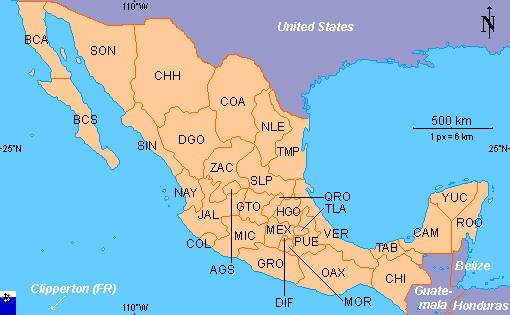
MEXICO CITY (Reuters) - A plan to shake up Mexico's flagging state-run oil sector met with muted reaction on Wednesday, with most seeing it as positive but not enough to restore declining output and reserves overnight.
The government's proposal, which was diluted to give it the best chance of passing through Congress, proposes more hiring of private companies across the oil industry through "incentive contracts" that offer bonuses for work well done.
Foreign oil majors, who want Mexico to join the rest of the world in offering risk-sharing joint ventures, especially in the huge deep-sea sector, mostly declined to comment as they huddled in meetings over the plan.
But analysts see the sweetened service contracts doing little more than drumming up more business for oilfield service companies such as Schlumberger (SLB.N:
Quote,
Profile,
Research), which state oil monopoly Pemex hires to help with engineering work.
"My initial impression is that it's relatively modest," said RoseAnne Franco at PFC Energy. "For the international oil companies it comes down to being able to book reserves."
Pemex, a top U.S. oil supplier, has long complained about Mexico's barriers to private oil investment and says it needs partners to help it unlock huge deepwater reserves as yields decline at its shallow water and onshore fields.
But many question whether the proposed contracts will attract big players like BP (BP.L:
Quote,
Profile,
Research) and Petrobras (PETR4.SA:
Quote,
Profile,
Research) into deep-sea exploration, given such costly and risky ventures are repaid in other countries by giving the partner a share in reserves.
"The important aspect of any contract is the incentive part. If someone is doing a really good job they should be paid for it. But there are different types of incentive around the world so we'll have to wait and see what they are offering," said a Mexico-based executive for a foreign oil major.
Importance: Calderon is finally acting on the nation's need for an alteration in their oil operations. Even though this proposed reform is watered down in order to be passed in the Mexican Congress, it is a start. The political culture of the country would rebel against a reform too radical because the majority of the population is still against foreign investment despite Pemex's dire need of a partner in oil welling.























